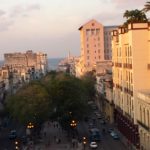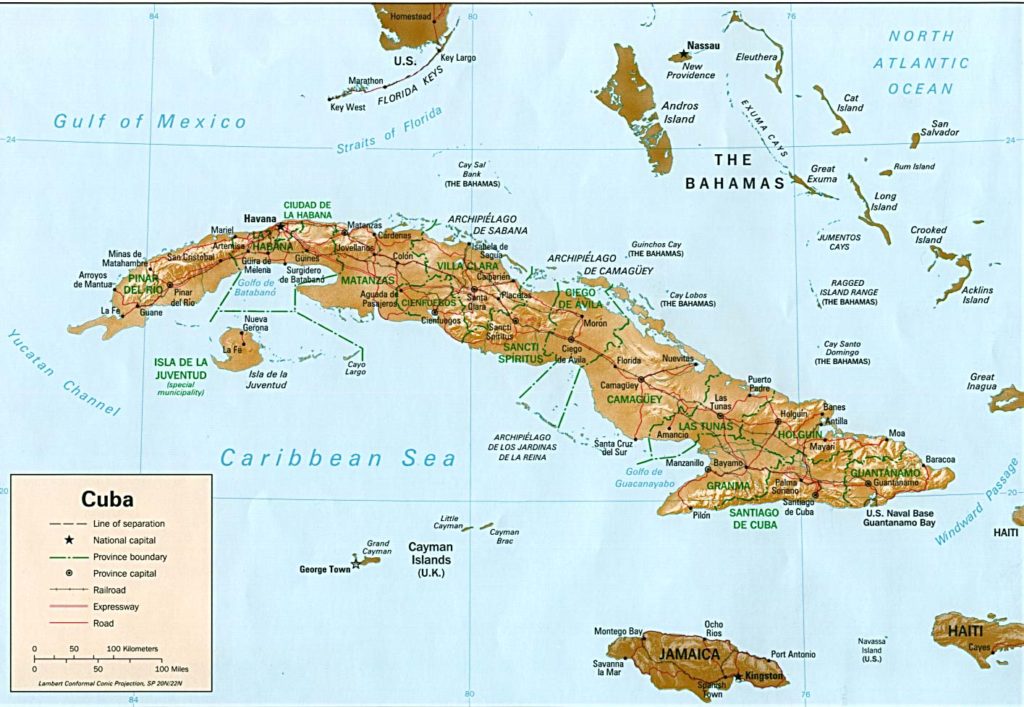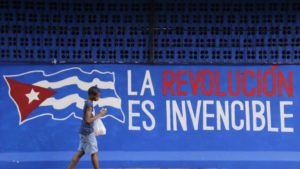For a communicator from the United States, Cuba is one heck of a place to be right now.
Just ask TBS’s Conan O’Brien, who recently did his show from Havana. (Or CNN’s Anderson Cooper, who did a good-natured retort to Conan’s report. Or the U.S. senators who have been busy negotiating a possible rapprochement following President Obama’s announcement in December that his administration would work to re-establish relations with the Communist country.
First, it’s an amazing place to be because visits by Americans have been limited since the U.S. trade embargo came down in 1962. So if you’re lucky enough to visit under one of the officially sanctioned methods – such as I was under Michigan State University’s educational exchange license – you get to see and hear what most people don’t.
Second, what you see and hear is muffled, muted, massaged and managed. You go in knowing that, of course, but how it plays out is a revelation.
For instance, when confronted with questions prompting answers that the Cuban government probably wouldn’t like, the people of Cuba tend to demure…although they are likely to answer frankly in a more private setting.
People we met agreed that the socialist system was ultimately better than capitalism, but quietly acknowledged some drawbacks: Because people can’t own property, they tend not to maintain their government-subsidized apartments. Because they get paid a monthly stipend just for existing, they sometimes lack the motivation to work harder.
 The average person has no access to the Internet. (I carried my smart phone for the camera, and regularly reached for it to settle issues that came up among my opinionated co-travelers, only to be unable to settle the issue – drat!) And the Internet connection is slow even in Havana’s leading hotels.
The average person has no access to the Internet. (I carried my smart phone for the camera, and regularly reached for it to settle issues that came up among my opinionated co-travelers, only to be unable to settle the issue – drat!) And the Internet connection is slow even in Havana’s leading hotels.
And there’s no advertising! I know, I know, that’s not all bad, but it’s a stark reflection of the fact that there’s nothing to buy in Cuba. While every major city should not look like Times Square, Havana’s Prado, while beautiful, lacks a bustling commercial scene. And there are far fewer cars than you’d expect in a city of 2 million people (although all of the amazing American cars from the 1940s and 50s are a fun distraction), because few people can afford them.
The public messages you do see feature Fidel or Che and notifications in Spanish that “The revolution is invincible!”
One message came through loud and clear, however: From economists and architects, to bus drivers and bartenders, to visual artists and dancers, lots of Cubans are hoping for a change in their country’s relationship with the United States… and a more prosperous future.


